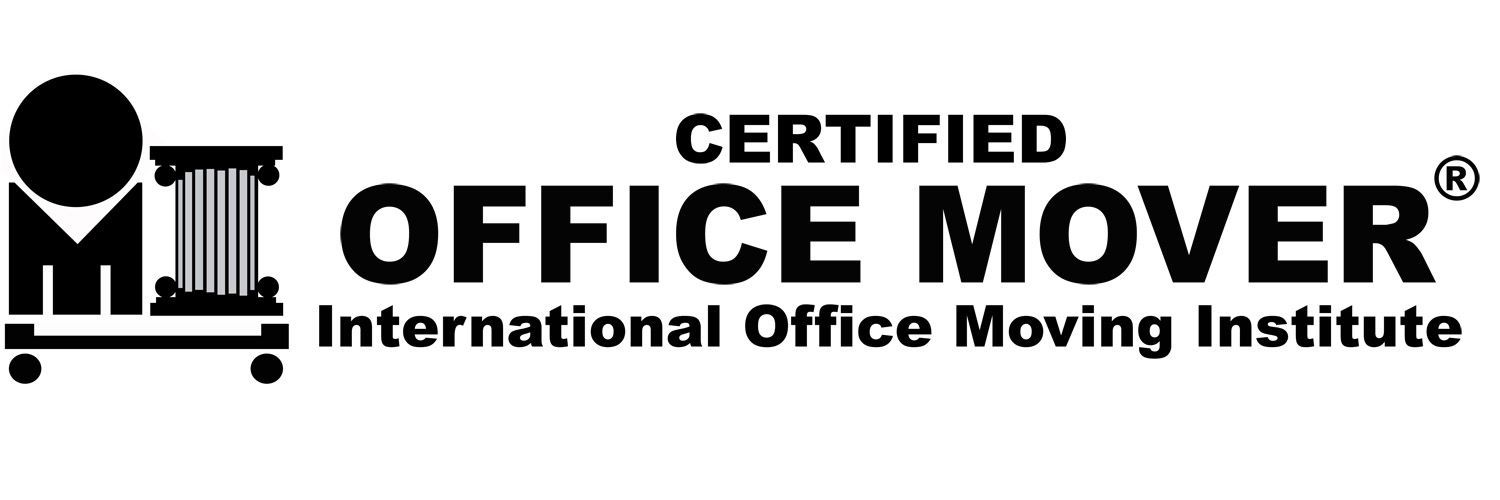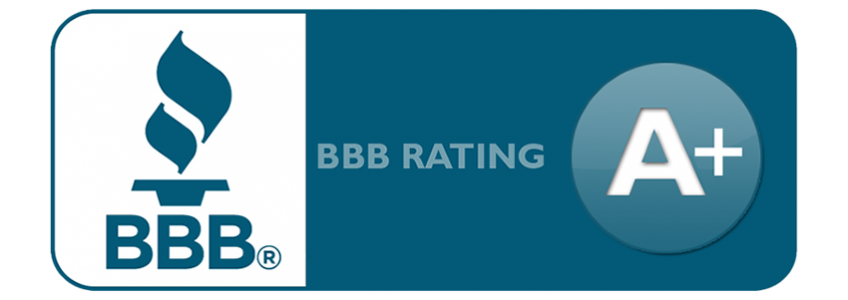Is Arlington Heights, IL, a Good Place to Live?
Arlington Heights, located in the heart of Illinois, is steeped in history that traces back to the early 19th century. Initially home to the Potawatomi Native Americans, it was later settled by European immigrants in the 1830s and became an official village in 1887. Today, it is a lively community celebrated for its perfect mix of peaceful rural charm and modern urban conveniences and is situated within the larger Chicago metropolitan area.
Arlington Heights is a good place to live due to its appealing lifestyle with its acclaimed educational institutions, dynamic local economy, and vibrant sense of community that shines through in both its bustling downtown area and serene residential neighborhoods. Whether attracted by its historical significance or its modern-day amenities, Arlington Heights provides a persuasive argument for both residents and visitors to consider.
At Arlington Heights Movers, we recognize the significance of a smooth transition to this community. Our team is dedicated to delivering exceptional relocation services tailored to meet the specific needs of each client. Whether your move is local or long-distance, we are committed to facilitating a smooth and efficient relocation to Arlington Heights.
What Makes Arlington Heights Unique?
Arlington Heights, Illinois, boasts of various rural and urban amenities. From its roots as a small settlement in the 1800s to a bustling modern community, Arlington Heights has grown while maintaining its historical charm and character.
Historically, Arlington Heights was incorporated in 1887, but its development began much earlier when William Dunton, the first settler, arrived in 1836. The arrival of the Illinois and Wisconsin Railroad in 1854 spurred growth, transforming it into the thriving community it is today. This blend of historical significance and continuous growth contributes significantly to its unique character.
Demographically, Arlington Heights boasts a population of over 70,000 residents. The village is noted for a higher median income and home value compared to national averages, reflecting its prosperous economic environment. Residents enjoy a high quality of life with excellent public services and educational institutions, which draw families and professionals alike.
Arlington Heights is also home to several key amenities that enhance its livability. The Metropolis Performing Arts Centre, established in 2000, enriches the community with a variety of performances, ranging from plays and concerts to comedy shows, making it a cultural hub in downtown Arlington Heights.
Living in Arlington Heights, IL, offers residents an engaging community life with the conveniences of urban living. With its rich history, strong community, and abundance of amenities, Arlington Heights stands out as a distinctive place to live within the greater Chicago area.
The Benefits of Calling Arlington Heights Home
Arlington Heights, Illinois, offers a myriad of advantages, making it a sought-after destination for families and professionals alike. The village's unique attributes—ranging from its high livability score to its robust local economy—make living in Arlington Heights, IL, a desirable choice.
High Livability and Quality Education
Arlington Heights stands out due to its high livability and commitment to quality education. With a livability score of 80, the village is celebrated for its array of amenities, cost-effective living, and exceptional local schools, making it an excellent place for families and professionals alike.
The Arlington Heights School District 25 is particularly notable, serving as a cornerstone of the community's educational landscape. The following schools are top performers within the district:
- Ivy Hill Elementary
- Thomas Middle School
- John Hersey High School
John Hersey High School, for instance, is renowned for its robust academic programs and high level of student engagement. This school offers a comprehensive educational experience that effectively prepares students for their future endeavors, whether in higher education or professional careers.
Elementary education in Arlington Heights also sets a high standard with schools like Dryden Elementary and Olive-Mary Stitt School. These institutions are celebrated for their nurturing environments and strong academic programs, making them some of the best choices for early childhood education within the region.
Cost of Living
While the cost of living in Arlington Heights is marginally above the national average, with a Cost of Living Index of 105.7, the village provides a balanced economic environment where the higher cost is matched by higher household incomes.
- Property Value: In 2022, the median property value in Arlington Heights was $396,500, significantly higher than the national average of $281,900. This reflects a 9.86% increase from the previous year when the median property value was $360,900. Such a substantial rise in property values indicates a robust real estate market and a desirable living area.
- Homeownership: Homeownership is also notably high, with a rate of 72.7%, aligning closely with the national average of 64.8%. This high rate of homeownership underscores the stability and appeal of the residential market in Arlington Heights.
- Transportation: The average commute time for residents is approximately 27.8 minutes, and most residents travel alone by car to work. The level of car ownership in Arlington Heights mirrors the national trend, with households typically owning two cars.
- Household Income: Arlington Heights enjoys a relatively high median household income of $113,502. The wealthiest areas, such as Census Tract 8031, boast even higher median incomes, reaching up to $152,682. Nearby Census Tracts 8030.08 and 8034 also report high median incomes, at $145,100 and $140,000, respectively.
Safety and Low Crime Rates
Arlington Heights is recognized for its strong sense of security, which is reflected in its relatively low crime rates. Annually, the village experiences about 54 violent crimes and 826 property crimes. This brings the total number of reported crimes to 880 per year. When these figures are broken down per 1,000 residents, the crime rates are as follows:
- Violent Crime Rate: 0.72 per 1,000 residents
- Property Crime Rate: 10.98 per 1,000 residents
- Total Crime Rate: 11.70 per 1,000 residents
Robust Local Economy and Job Market
Arlington Heights' economy is dynamic and diverse, employing approximately 39,800 individuals across various sectors. The largest employment sectors include:
- Professional, scientific, and technical services: over 5,500 employees
- Manufacturing: around 5,100 employees
- Health care and social assistance: about 4,550 employees
The economic strength of Arlington Heights is further highlighted by its high-paying industries. The Finance and Insurance sector stands out with an average salary of approximately $111,154, followed by the combined industries of Finance, Insurance, and Real Estate & Rental & Leasing, offering around $102,215. Public Administration also offers significant remuneration, with average earnings close to $101,985.
Considerations Before Moving to Arlington Heights
While Arlington Heights is a good place to live for many, it's essential to weigh all factors before making a decision. Understanding both the potential challenges and long-term trends will help you determine if this vibrant village aligns with your lifestyle and goals.
Addressing the Slight Decline in Population Growth
Between 2021 and 2022, Arlington Heights experienced a slight population decline, from 77,283 to 76,794, marking a decrease of 0.633%. This trend is part of a broader pattern where the population has decreased by 5.82% since the last census. Such changes in population can impact various aspects of community life, including school enrollments, local businesses, and real estate markets.
Potential Cons: Property Taxes
As of 2023, Arlington Heights saw property tax collections reach $206.0 million. Homeowners here typically paid $7,313 in property taxes, exceeding the county's average of $5,866. Furthermore, the property tax rate in Arlington Heights was 2.59%, higher than the national average of 2.38%. The high property tax could impact affordability for potential residents.
Traffic and Commuting Issues Related to Its Proximity to Chicago
Commuting is another important factor for those considering living in Arlington Heights. Most residents drive alone to work, with an average commute time of 27.8 minutes. The average household owns two cars. While the proximity to Chicago provides considerable employment, entertainment, and cultural benefits, it can also lead to longer commute times and heavier traffic, especially for those working in the village.
These factors—population dynamics, property taxes, weather conditions, and commuting challenges—are essential to consider when assessing whether Arlington Heights is a good place to live. Each prospective resident must weigh these against the village's undeniable benefits, such as high-quality schools, a strong local economy, and a robust community life, to make an informed decision about living in Arlington Heights, IL.
Your Arlington Heights Adventure Awaits
So, is Arlington Heights a good place to live? The answer lies in your priorities and aspirations. The village offers a unique blend of small-town charm, big-city access, excellent schools, and a strong sense of community. While factors like the cost of living, population trends, and commuting distances warrant consideration, the benefits of living in Arlington Heights, IL, are undeniable.
If you're ready to embark on your Arlington Heights adventure, we're here to help. At Arlington Heights, we specialize in moving services in Arlington Heights, IL, and we're committed to making your relocation as smooth and effortless as possible.
Our skilled team will manage all facets of your move, including packing, loading, transport, and unloading. We recognize that every move is unique, and we customize our services to align with your individual requirements and budget.
Contact us today for a free quote and discover how we can simplify your move to this vibrant and welcoming community.




